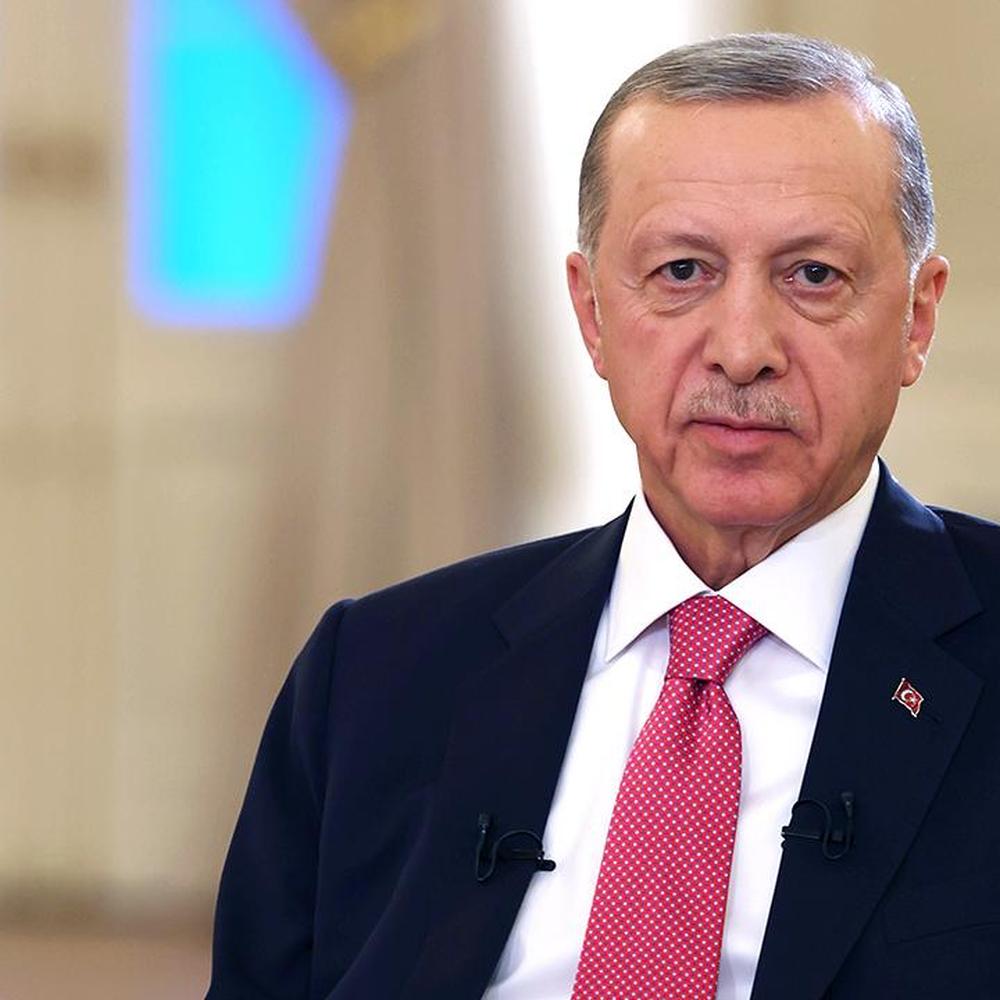Introduction
Recep Tayyip Erdoğan is one of the most significant and influential political leaders in modern Turkey. His name resonates not only within Turkey but across the globe, frequently appearing in political debates, diplomatic discussions, and media headlines. Erdoğan’s life story, political career, and leadership style are not mere reflections of his personal success—they also symbolize the sweeping changes Turkey has undergone over the past two decades. This article offers a comprehensive overview of Erdoğan's trajectory: from his upbringing to his ascent on the political stage, examining his domestic and foreign policies, accomplishments, and criticisms.
I. Early Life and Education
Recep Tayyip Erdoğan was born on February 26, 1954, in the Kasımpaşa district of Istanbul. His family had migrated from Rize to Istanbul. Raised in a humble, religious household—his father worked as a port supervisor—Erdoğan received both religious and secular education. He attended an Imam Hatip secondary school and later earned a degree in Economics and Commercial Sciences at Marmara University.
II. Political Beginnings
Erdoğan’s interest in politics emerged early. In the late 1970s, he joined the National Outlook (Milli Görüş) movement’s National Salvation Party (MSP) led by Necmettin Erbakan, and later the Welfare Party (Refah). His first major political success came in 1994 when he was elected Mayor of Istanbul, successfully addressing infrastructure, water management, and waste disposal issues—earning important political capital.
III. Founding the Justice and Development Party (AKP)
After the Welfare Party was banned in 1997, Erdoğan chose a new political path. In 2001, he co-founded the AKP (Adalet ve Kalkınma Partisi), which advocated liberal economic policies and a pro-European approach. The AKP won a decisive victory in the 2002 elections, and Erdoğan became Prime Minister in 2003.
IV. Premiership (2003–2014)
Erdoğan’s tenure as Prime Minister marked a transformative era for Turkey. Economic stability was restored, inflation decreased, GDP grew, and foreign investment increased. Major infrastructure projects were completed: a third bridge over the Bosporus, new airports, and high-speed rail lines, accompanied by reforms in education, healthcare, and social welfare. He also worked to reduce the military’s political influence and restarted EU accession talks. However, this period saw increasing criticism over press freedom, judicial independence, and the right to assembly.
V. Presidency and the New Executive System (2014–Present)
In 2014, Erdoğan became Turkey’s first directly elected president. A 2017 referendum ushered in a presidential system, enhancing executive powers and limiting Parliament’s role. Erdoğan was re-elected in 2018 under the new system. During this period, Turkey faced internal tensions, economic struggles, and geopolitical challenges. Erdoğan and his supporters portrayed the failed July 15, 2016 coup attempt as “a victory of the nation,” leading to a state of emergency and the removal of thousands of officials.
VI. Foreign Policy: Neo-Ottomanism and Regional Leadership
Erdoğan has pursued a more independent, multipolar foreign policy—maintaining ties with the West while deepening relations with Russia, China, African nations, and Central Asia. Active roles in Syria, Libya, and the Karabakh conflict have reinforced Turkey’s regional influence. His uncompromising stance on Palestine and criticism of U.S. support for Israel bolstered his stature in the Islamic world. Yet, dealings like the purchase of Russian S‑400 systems strained relations with NATO and the U.S.
VII. Internal Criticism and Relations with the Opposition
Erdoğan’s administration has faced domestic criticism over arrests of journalists, pressure on opposition parties, election controversies, and social media regulation—drawing concern from international rights groups. Economic downturn, depreciation of the Turkish lira, rising unemployment, and inflation fueled public discontent. Opposition parties like CHP, İYİ Party, and HDP have adopted new strategies to challenge Erdoğan’s rule.
VIII. Connection with the People and Popularity
One of Erdoğan’s strongest assets is his rapport with the public. He communicates simply, often referencing religious and national values. Rallies, social programs, and personal engagement have earned him strong grassroots support—his followers often refer to him as “Reis” (chief), while critics accuse him of authoritarianism.
IX. COVID-19 Pandemic and Recent Years
During the COVID-19 pandemic, Erdoğan’s government launched extensive relief efforts: distributing free masks, rapidly building hospitals, and supporting local vaccine development. Yet the pandemic exacerbated existing economic and social pressures. In recent years, Erdoğan has leaned further into populist and nationalist rhetoric with emphasis on an independent Turkey, domestic production, religious values, and family.
X. Historical Role and Future Prospects
Erdoğan is Turkey's longest-serving leader since Mustafa Kemal Atatürk. His political legacy will be debated for years. To some, he is the strongman who pulled Turkey through crises and built a revived nation. To others, he symbolizes authoritarianism and institutional erosion. His future role in Turkish politics remains uncertain, though his influence and legacy will endure.
Conclusion
Recep Tayyip Erdoğan’s life and political journey are more than the story of a leader—they reflect the history of Turkey over the past 20 years. Under his leadership, the country has experienced profound reforms and transformation. Yet, questions regarding democracy and the rule of law persist. Recognized as a historic figure by both supporters and critics, Erdoğan’s identity and legacy will remain a vital subject for future generations.

